The Human Oncology and Pathogenesis Program (HOPP) was created in late 2005 under the leadership of Charles Sawyers, MD. The aims of HOPP were to support a group of outstanding physicians and scientists with laboratory-based training in cancer research; build infrastructure for conducting clinical trials that incorporate powerful molecular profiling technologies; and provide a world-class training environment for graduate students, postdoctoral fellows, clinical fellows, and junior faculty who are interested in translational research.
To maximize the resources and advantages of this unique program, HOPP has assembled an External Advisory Board (EAB) comprising world-renowned experts in translational oncology. The HOPP EAB convenes annually and provides invaluable input on department strategic planning, helps identify outstanding young recruits, offers perspective on the latest technological and research advances, and evaluates the research portfolios of all HOPP faculty members.
External Advisory Board Members
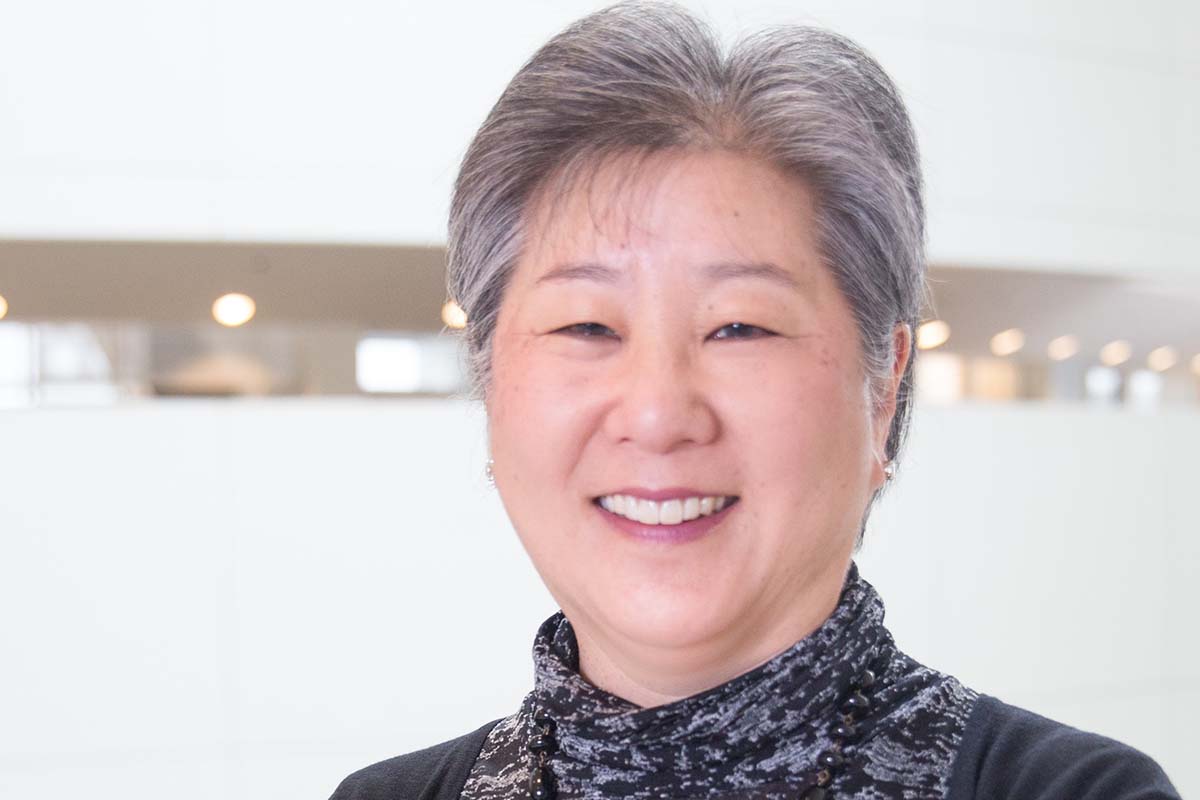
Kathleen R. Cho, MD, is the Peter A. Ward Professor of Pathology and Professor of Internal Medicine in the University of Michigan Medical School, and serves as Section Head of gynecological pathology at the University of Michigan Health System. Dr. Cho’s research group is working to identify and characterize the genetic alterations that underlie the development and progression of cervical and ovarian cancers. They develop murine models of gynecological cancers based on the molecular defects present in their human tumor counterparts, and use them as preclinical tools for testing novel therapeutic strategies that target the signaling pathways deregulated by specific genetic alterations.

James R. Downing, MD, is President and Chief Executive Officer of St. Jude Children’s Research Hospital. As the architect of a six-year, $7 billion strategic plan, he is leading the expansion of St. Jude clinical care and research programs in Memphis and around the globe.
A renowned leader in pediatric cancer research, Dr. Downing focuses his work on understanding the genetic basis of cancer and using that information to improve treatments. He was instrumental in launching the Pediatric Cancer Genome Project, an ambitious sequencing effort to discover why childhood cancer arises, spreads, and resists treatment.
Beyond research, Dr. Downing has been a driving force to take St. Jude to the world. He has championed an extraordinary program to raise pediatric cancer survival rates internationally. This will be accomplished through a global alliance of healthcare providers who work to ensure that children everywhere have access to quality care.
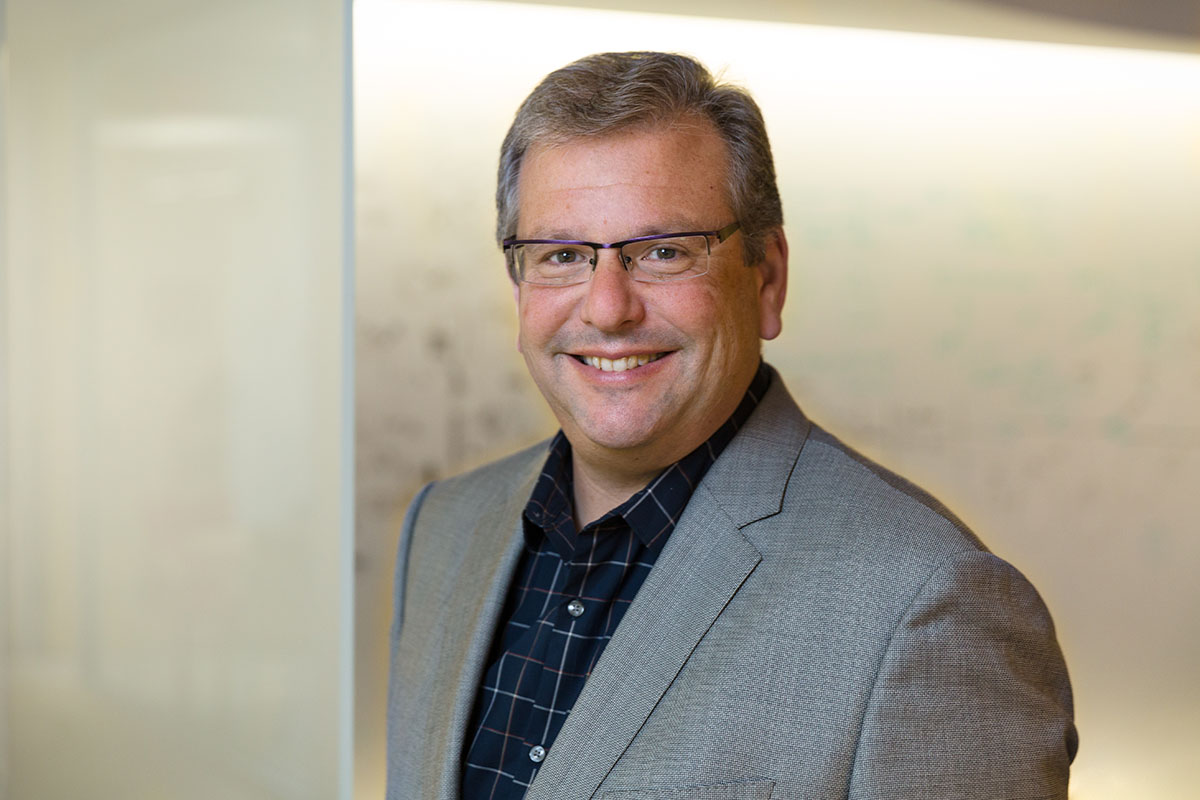
Todd Golub, MD, is a founding core member of the Broad Institute and serves as the institute’s Chief Scientific Officer and Director of its Cancer Program. He is also the Director of the Gerstner Center for Cancer Diagnostics at the Broad Institute. Golub is a world leader in understanding the basis of cancer, by creating and applying tools of genomics. He has made fundamental discoveries in the molecular basis of childhood leukemia, and laid the foundation for the diagnosis and classification of human cancers using gene expression analysis. He also pioneered the development of chemical screening approaches based on gene expression.
He joined the faculty of the Dana-Farber Cancer Institute and Harvard Medical School in 1997. At the same time, he served as the leader of cancer genomics at the Whitehead Institute/MIT Center for Genome Research, which evolved into the Cancer Program at the Broad Institute. Golub has directed that program since 2004 and is also currently the Charles A. Dana Investigator in Human Cancer Genetics at the Dana-Farber Cancer Institute and professor of pediatrics at Harvard Medical School. He is the recipient of multiple awards, including the Erasmus Hematology Award; the Richard and Hinda Rosenthal Memorial Award; and the Outstanding Achievement Award from the American Association for Cancer Research; the Paul Marks Prize for Cancer Research; the E. Mead Johnson Award from the Society for Pediatric Research; and the Judson Daland Prize for Outstanding Achievement in Clinical Investigation from the American Philosophical Society. In 2014, he was elected as a member to the National Academy of Medicine (formerly the Institute of Medicine). Golub has served on the scientific advisory boards of numerous organizations, including serving as chair of St. Jude Children’s Research Hospital and the Board of Scientific Advisors of the National Cancer Institute. Golub received his BA from Carleton College and his MD from the University of Chicago Pritzker School of Medicine. He completed his internship, residency, and fellowship training at Boston Children’s Hospital and the Dana-Farber Cancer Institute.
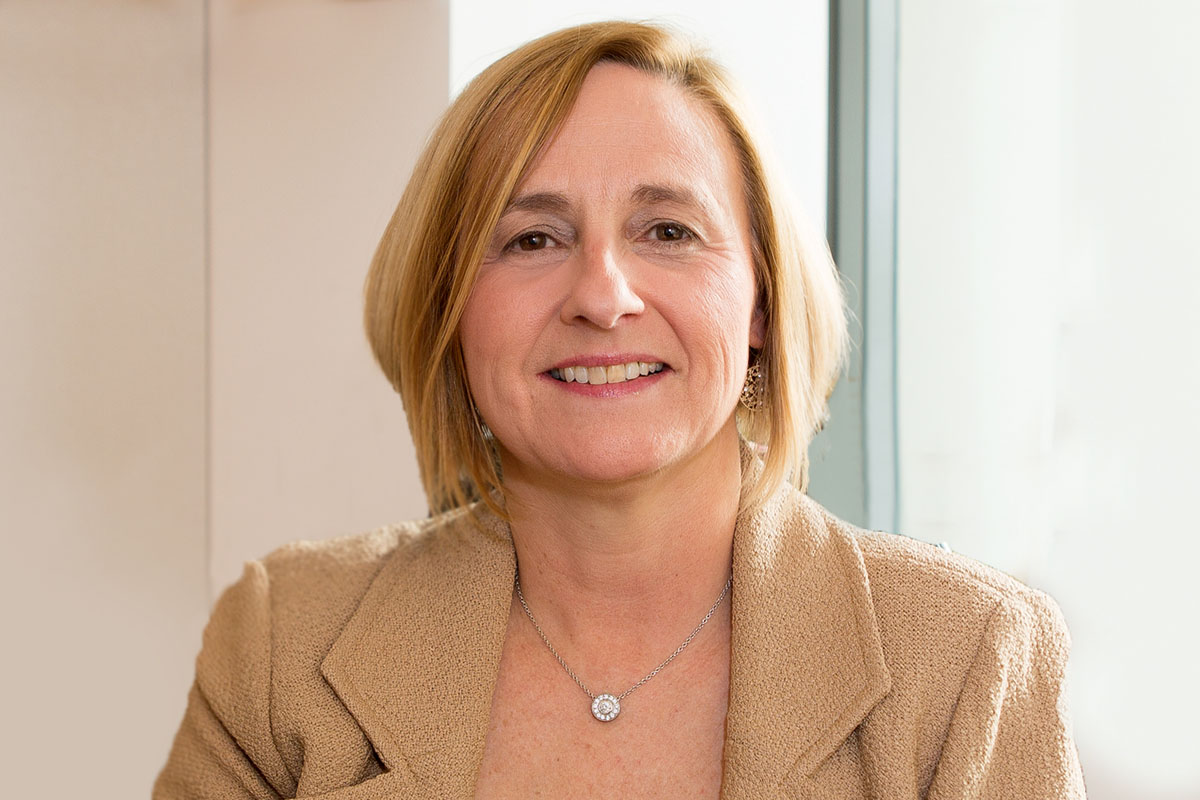
Crystal L. Mackall, MD is the Ernest and Amelia Gallo Family Professor of Pediatrics and Medicine at Stanford University. She serves as Founding Director of the Stanford Center for Cancer Cell Therapy, Associate Director of Stanford Cancer Institute, Leader of the Cancer Immunology and Immunotherapy Program, and Director of the Parker Institute for Cancer Immunotherapy at Stanford. During a 27-year tenure at NCI, culminating as Head of the Immunology Section and Chief of the Pediatric Oncology Branch, she led an internationally recognized translational research program spanning basic studies of T-cell homeostasis and tumor immunology, and clinical trials of immune-based therapies for cancer, with a focus on pediatric malignancies. Her group was among the first to demonstrate impressive activity of CD19-CAR in pediatric leukemia (Lancet 2015). They developed a novel, clinically active CD22-CAR for leukemia (Nat Med 2018), demonstrated pre-clinical efficacy of CARs for pediatric diffuse intrinsic pontine glioma (Nat Med 2018), led efforts on identifying T-cell exhaustion as a major feature limiting the activity of CAR T cells (Nat Med 2015) and creating exhaustion-resistance platforms for clinical translation (Nature 2019). Her work has advanced understanding of fundamental immunology, and has translated this understanding to the treatment of human disease. She serves in numerous national leadership positions, including co-Leader of the NCI U54 Pediatric Immunotherapy Discovery and Development Network, Leader of the NCI Pediatric Cancer Immunotherapy Trials Network, and co-Leader of the St. Baldrick’s-Stand Up To Cancer Pediatric Cancer Dream Team. She is the recipient of numerous awards, including membership in the American Society of Clinical Investigation, American Academy of Physicians, several NIH Director’s awards, and the NIH Distinguished Clinical Teacher Award. She is Board Certified in Pediatrics, Pediatric Hematology-Oncology, and Internal Medicine.
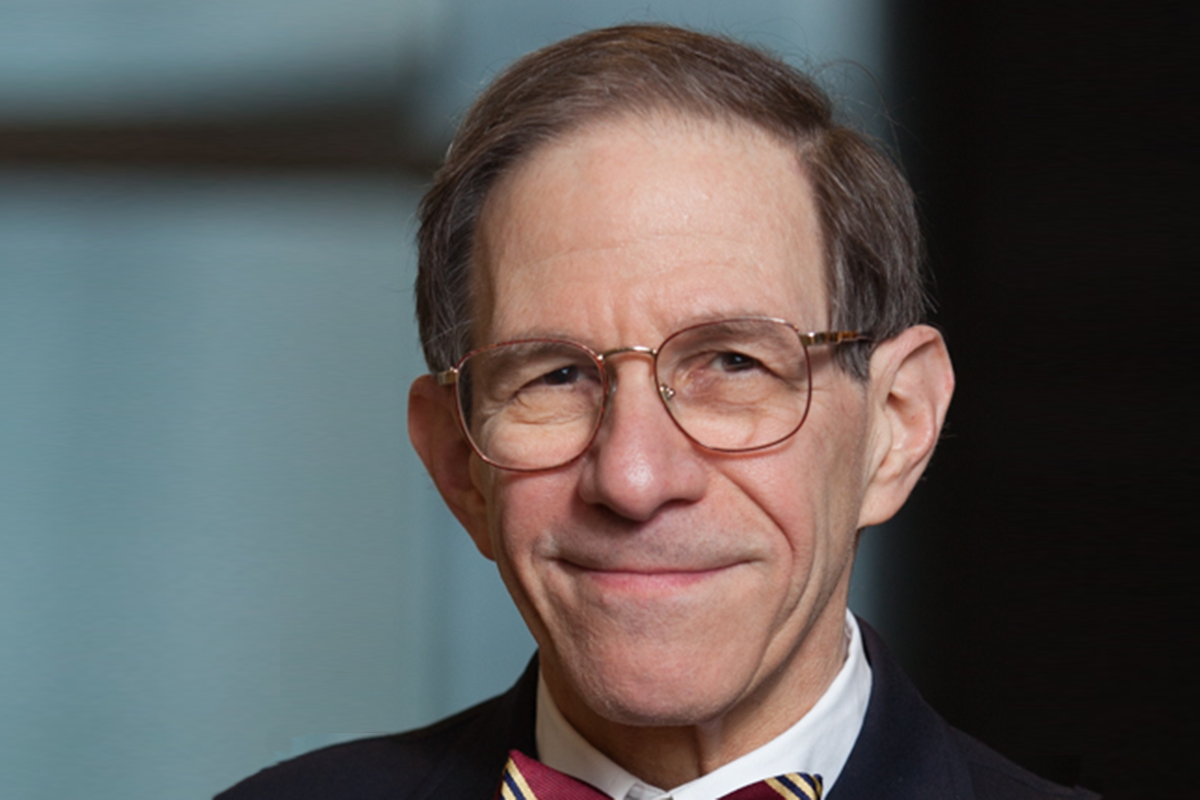
Sanford Markowitz, MD, PhD, is the Francis Wragg Ingalls Professor of Cancer Genetics and a Distinguished University Professor in the Division of Hematology-Oncology, the Case Comprehensive Cancer Center, Case Western Reserve University, and University Hospitals Seidman Cancer, where he serves as Leader of the Cancer Genetics Program, and as Principal Investigator of an NCI GI Cancers SPORE. His laboratory focuses on molecular abnormalities of GI cancers, aberrant functioning of positive and negative growth regulatory pathways in cancer, and molecular technologies for early cancer detection.
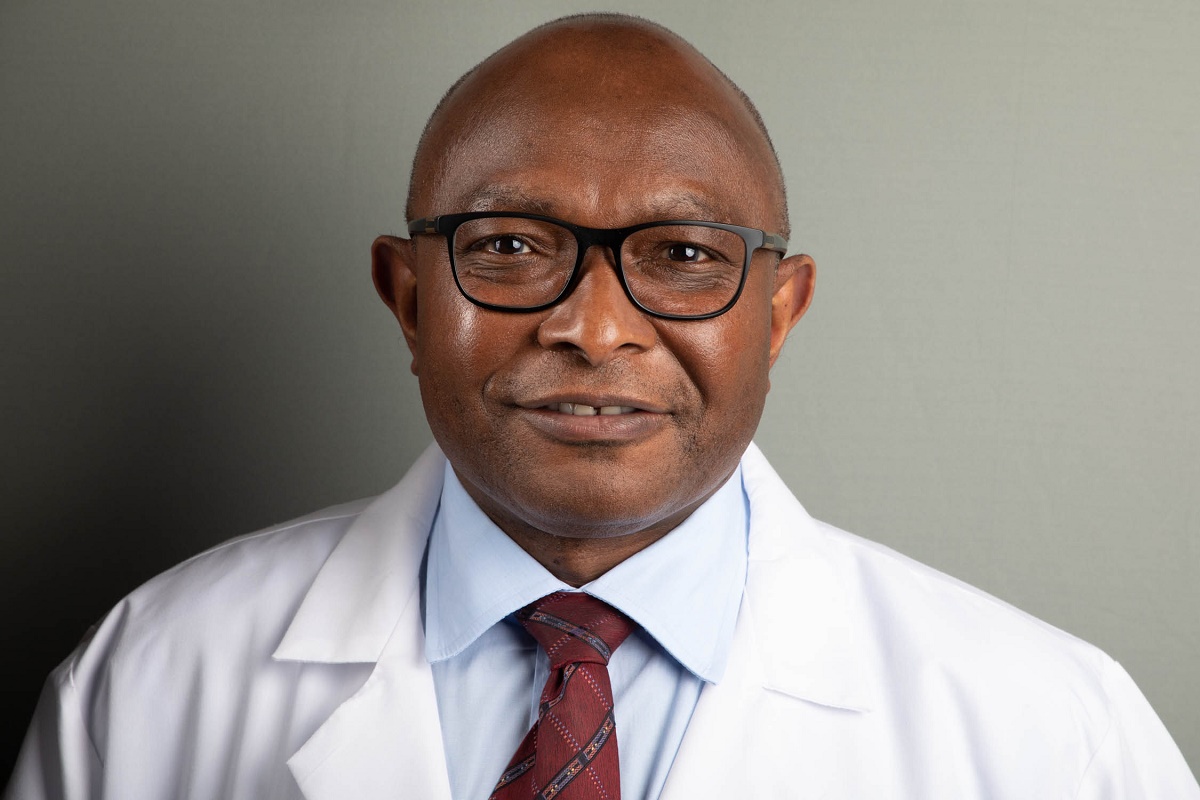
Kunle Odunsi, MD, PhD, FRCOG, FACOG is the Director of the University of Chicago Medicine Comprehensive Cancer Center (UCCCC), and Dean for Oncology, Biological Services Division at the University of Chicago. As the Director of UCCCC, he has strategic and broad oversight responsibility for all programmatic aspects of cancer at the University of Chicago including the three primary missions of research, patient care and education. He sets the strategic direction of UCCCC, which emphasizes basic, translational and clinical research efforts, collaborative cancer discovery and care, outreach to and engagement of the catchment area, and expansion of development opportunities for early career and promising cancer researchers. His transition to UCCCC brings his experience as Deputy Director of Roswell Park Comprehensive Cancer Center from 2015-2021 where he also served as the Chair of the Department of Gynecologic Oncology, and the Executive Director of the Center for Immunotherapy. As Deputy Director, he provided operational oversight for the scientific, clinical research and educational missions of Roswell Park, and monitored all research-related initiatives, steering development of strategies, programs and policies designed to transfer scientific discoveries to clinical settings. His research activities in tumor immunology and immunotherapy have focused upon the mechanisms of immune recognition in human ovarian cancer and the pre-clinical and clinical development of tumor antigen targeted therapies. These research activities have been supported by multi-investigator and often multi-institutional awards from the Cancer Research Institute / Ludwig Institute for Cancer Research and by the NIH. He was also Principal Investigator of the Roswell Park Specialized Program of Research Excellence (SPORE) in Ovarian Cancer (P50CA159981), and a New York State Stem Cell Science Program (NYSTEM) to pioneer a novel adoptive T cell therapy concept of reprograming human hematopoietic stem/progenitor cells (hHSC) for continuous generation of long lived and durable antigen-specific T cells for sustained anti-tumor response in ovarian cancer patients. As PI of a T32 training grant in surgical oncology at Roswell Park, he has considerate experience mentoring students, post-doctoral fellows, and junior faculty. As the Director of UCCCC, he is fully committed to diversity, equity and inclusion, and plans to build a culture of inclusive excellence, and facilitate the recruitment and mentorship of a pipeline of world-class cancer physicians and scientists from underrepresented populations.
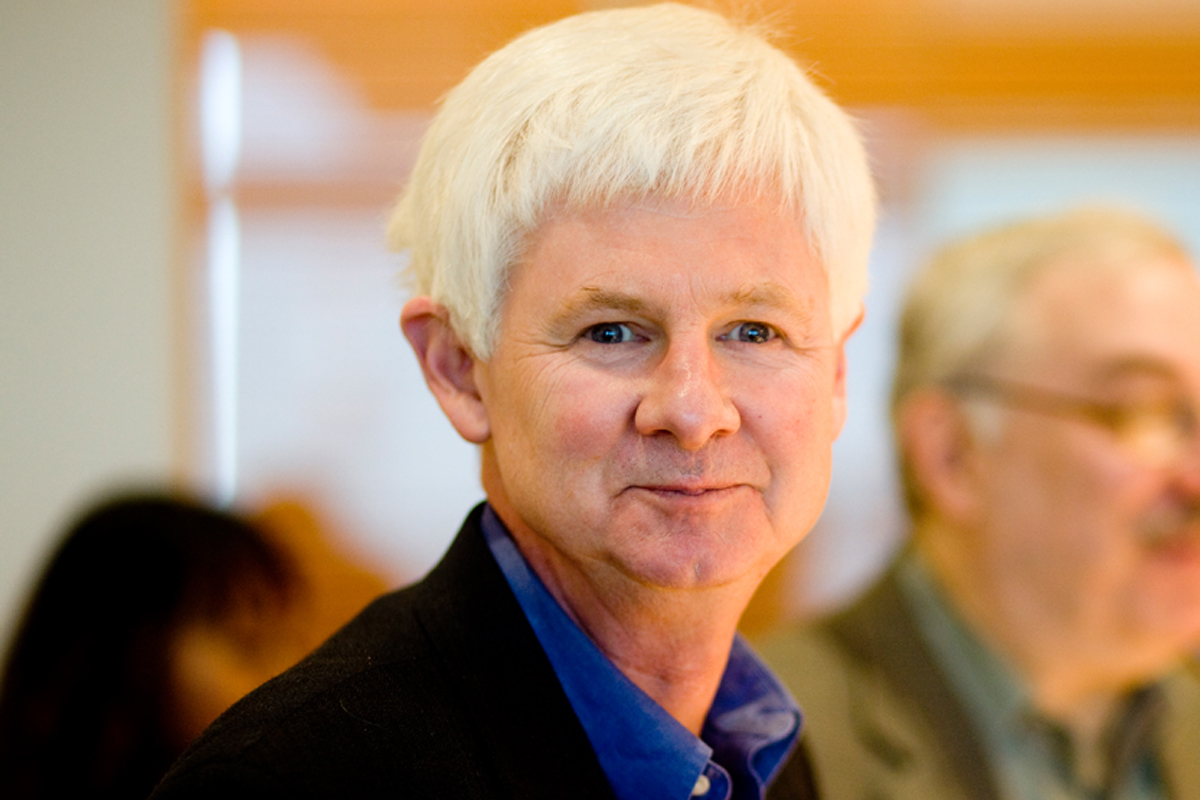
Kevin Shannon, MD, is an Auerback Distinguished Professor in Pediatric Molecular Oncology, and served as the Director of the Medical Scientist Training Program from 2006-2012, and Interim Chair of the Department of Pediatrics at the University of California, San Francisco. He is also a pediatric hematologist and oncologist at UCSF Medical Center. His lab investigates the causes of leukemia, mechanisms of hematopoietic growth control and leukemogenesis, treatment response and resistance, and novel experimental strategies. These studies are conducted in human cells and mouse models.
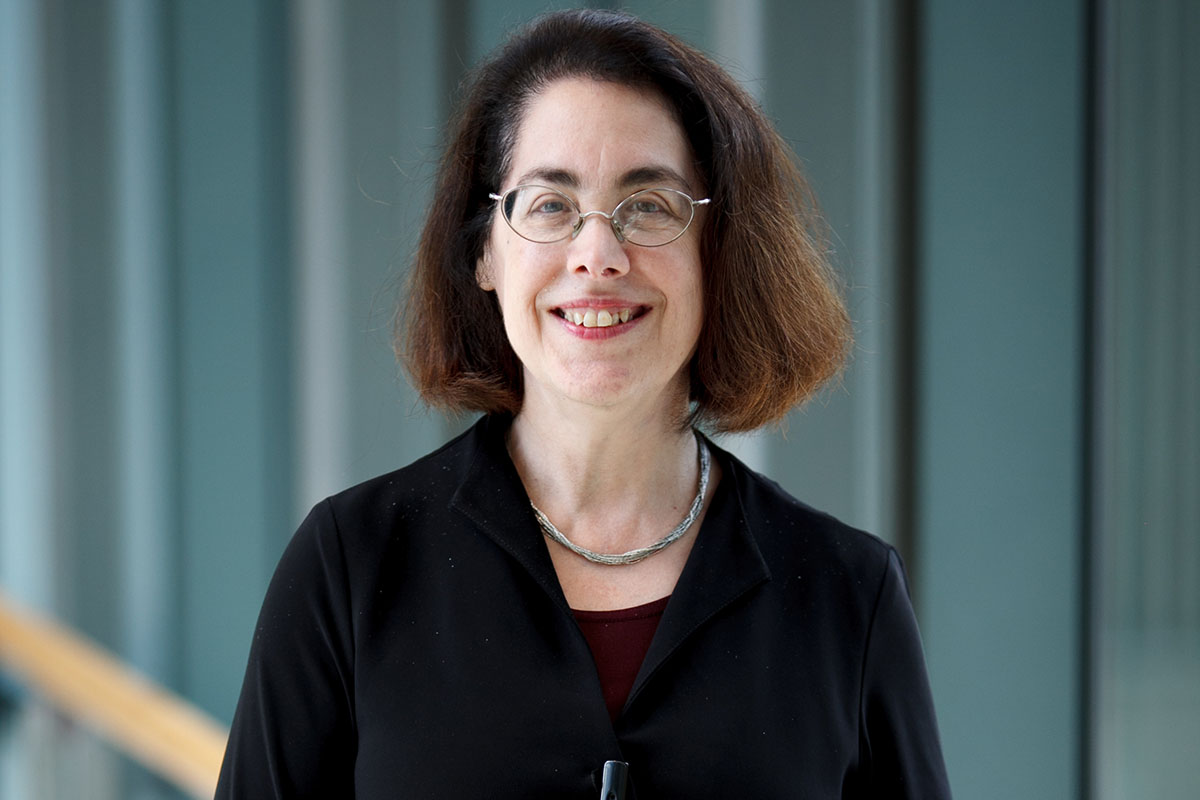
Arlene Sharpe, MD, PhD is the George Fabyan Professor of Comparative Pathology, Chair of the Department of Immunology at Harvard Medical School, and Co-Director of the Evergrande Center for Immunologic Diseases at Harvard Medical School and Brigham and Women’s Hospital.
Dr. Sharpe earned her AB from Harvard University and her MD and PhD degrees from Harvard Medical School. She completed residency training in Pathology at Brigham and Women’s Hospital and is board certified in Anatomic Pathology.
Dr. Sharpe is a leader in the field of T-cell co-stimulation. Her laboratory has discovered and elucidated functions of T-cell co-stimulatory pathways, including the immunoinhibitory functions of the CTLA-4 and PD-1 pathways, which are targets for cancer immunotherapy. Her laboratory currently investigates roles of T-cell co-stimulatory pathways in cancer, autoimmunity, and infection. Dr. Sharpe has published over 300 papers and was listed by Thomas Reuters as one of the most Highly Cited Researchers (top 1%) in 2014-2018 and a 2016 Citation Laureate. She received the William B. Coley Award for Distinguished Research in Tumor Immunology in 2014 and the Warren Alpert Foundation Prize in 2017 for her contributions to the discovery of PD-1 pathway. Dr. Sharpe is an elected member of the National Academy of Sciences and National Academy of Medicine, and a Fellow of the American Association for Cancer Research.